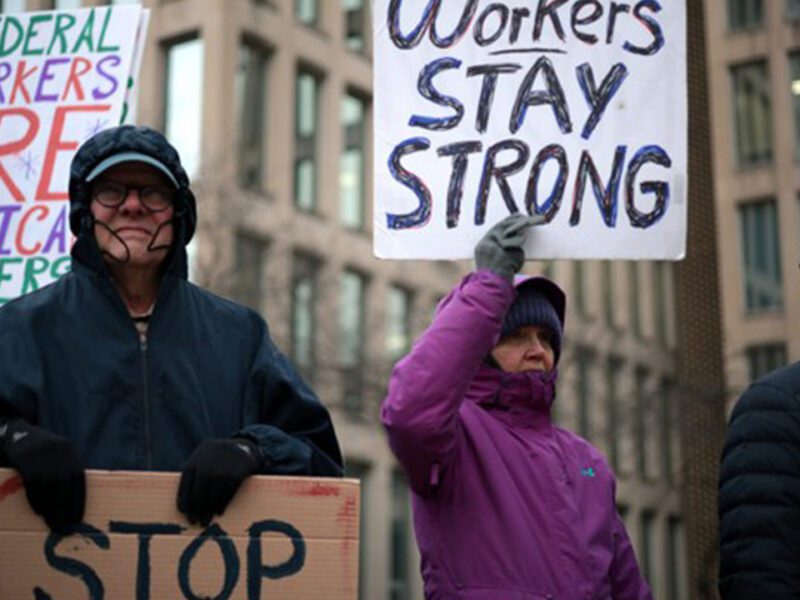Poll: Floridians sour on school voucher expansion
Florida Politics | By A.G. Gancarski & Anne Geggis | April 5, 2023
Sixty percent backed the status quo.
New statewide polling contends three in every five Floridians oppose one of Gov. Ron DeSantis‘ policy priorities.
Last month DeSantis signed HB 1, sweeping legislation that makes private school vouchers available to all, regardless of income. Yet a new survey from Mason-Dixon Polling and Strategy shows 60% of Floridians say they oppose the school choice expansion, with only 34% in support.
“A strong majority of Florida voters support keeping income eligibility for K-12 vouchers,” said Sadaf Knight, CEO of the Florida Policy Institute, which commissioned the poll.
“These results show that Floridians want policies that prioritize equity, rather than expanding subsidies to the wealthiest families. These poll results should serve as a wake-up call to lawmakers that they should be listening to the needs and priorities of their constituents and not diverting public funding to pay for the private school tuition costs of Florida’s wealthiest families.”
The status quo is the preference of majorities across party lines, with 71% of Democrats, 52% of Republicans and 59% of independents wanting to keep things as they are. Until the law changed, families earning up to $120,000 were eligible for vouchers worth roughly $8,000.
Strong majorities backed the previous version of the system in every region of the state. In North Florida, 65% of respondents wanted to keep things as they were, the highest number in any geographical region of the state. Even in Southwest Florida, where support was the lowest of any part of the state, 54% liked things the way they were before the law changed.
Strong majorities of men and women both back the law before the change, with 57% of males and 64% of females saying they wanted to keep things as they were. Likewise, people of all ethnic identities polled backed the status quo, including 59% of White voters, 60% of Hispanic voters, and 69% of Black voters.
With the expansion, Florida joins just five other states that allow universal choice: Arizona, Arkansas, Iowa, Utah and West Virginia.
The live-dial poll consulted 625 registered Florida voters, and was in the field from March 27 through March 30. Pollsters talked to 250 Republicans, 225 Democrats, and 150 Independents. The margin of error is +/- 4 percentage points.






